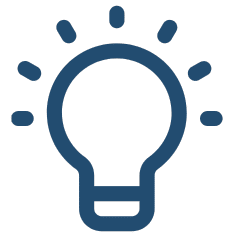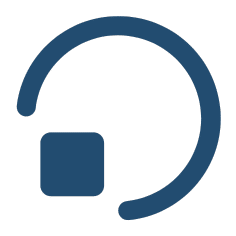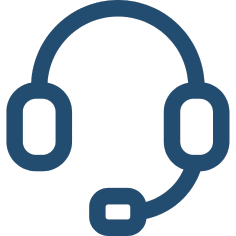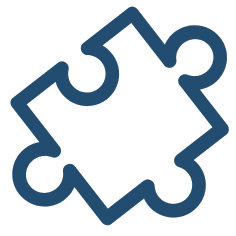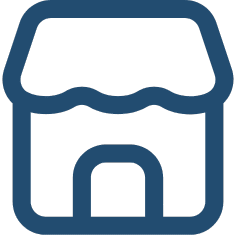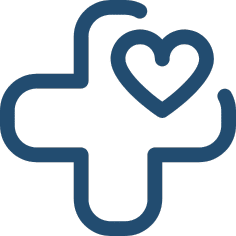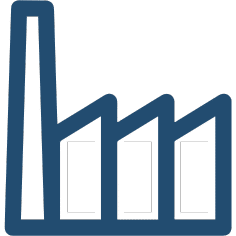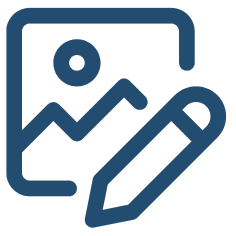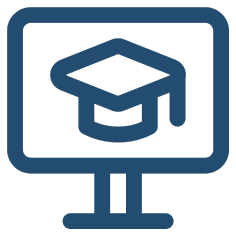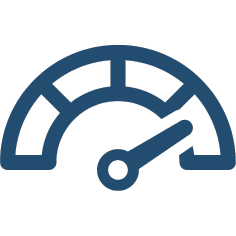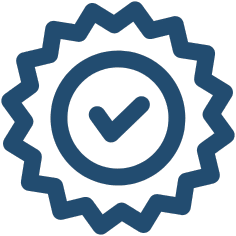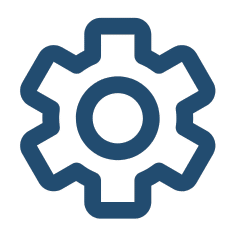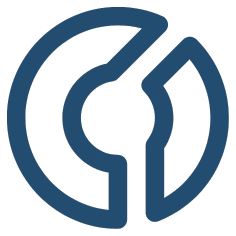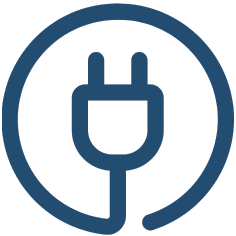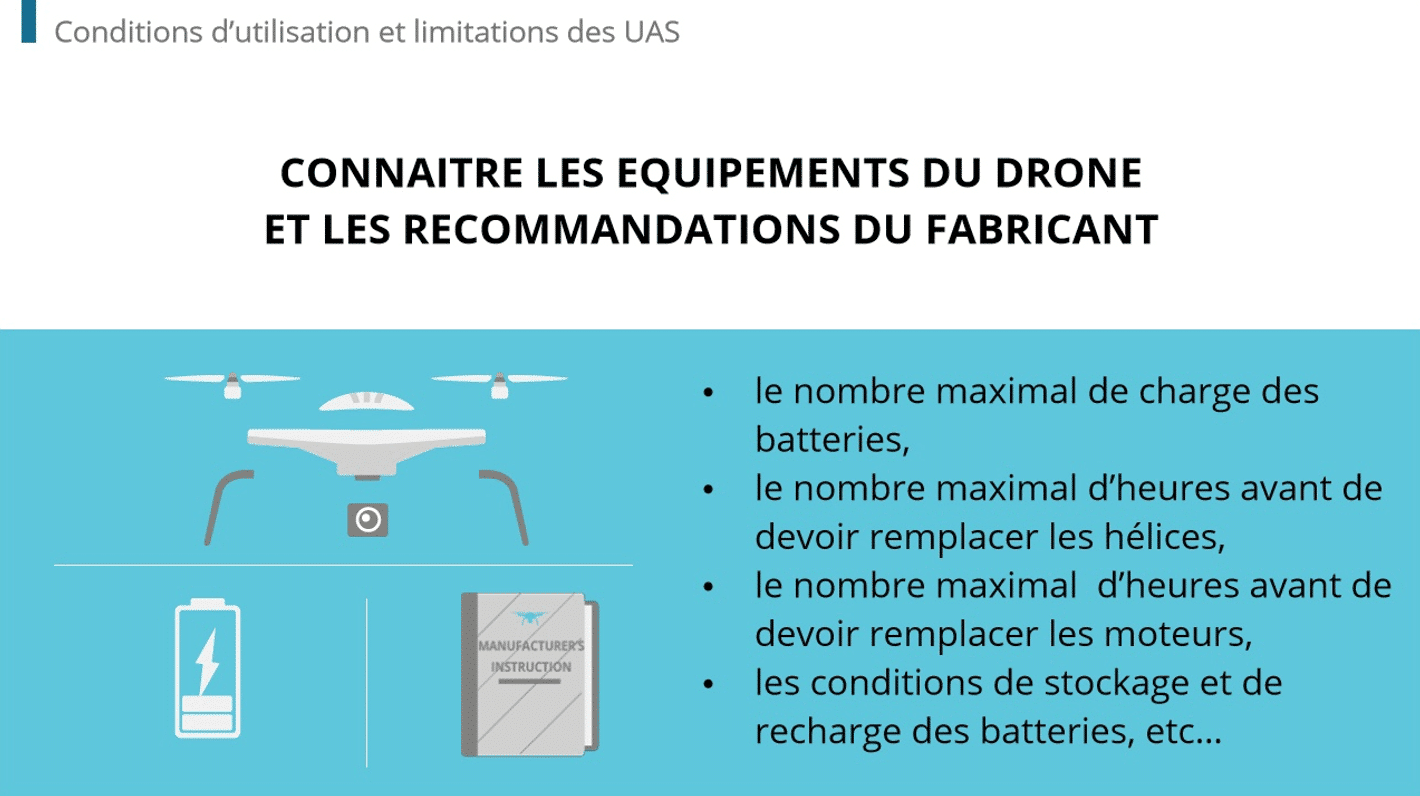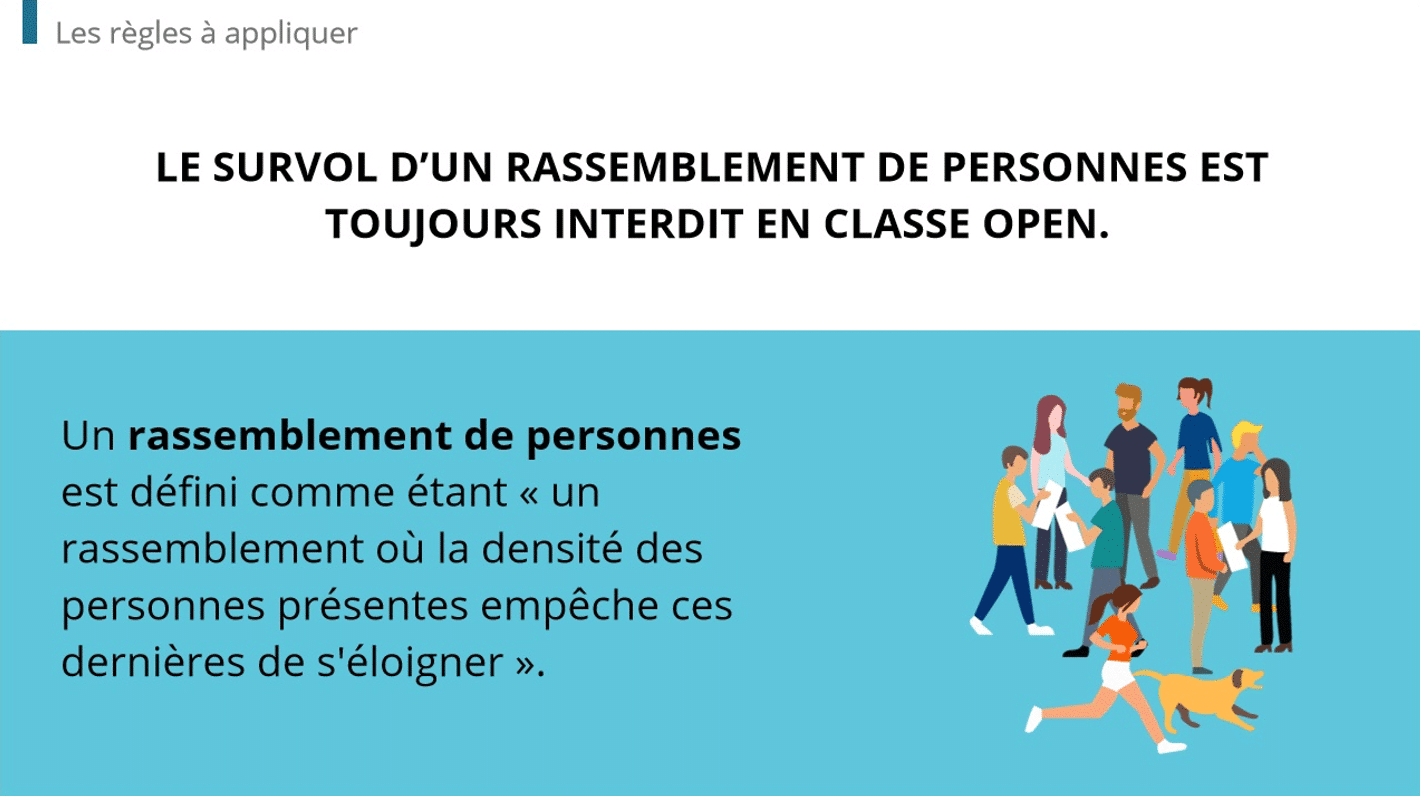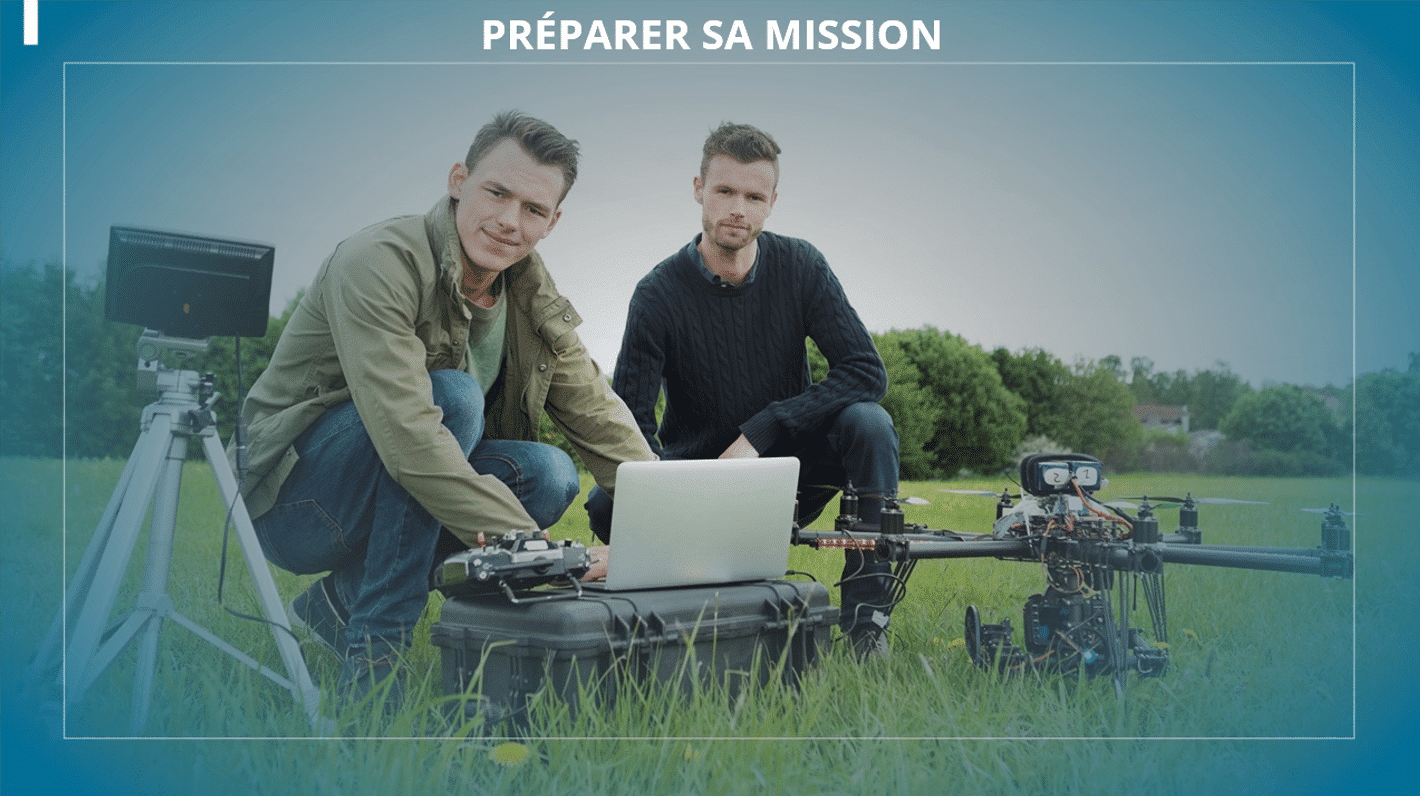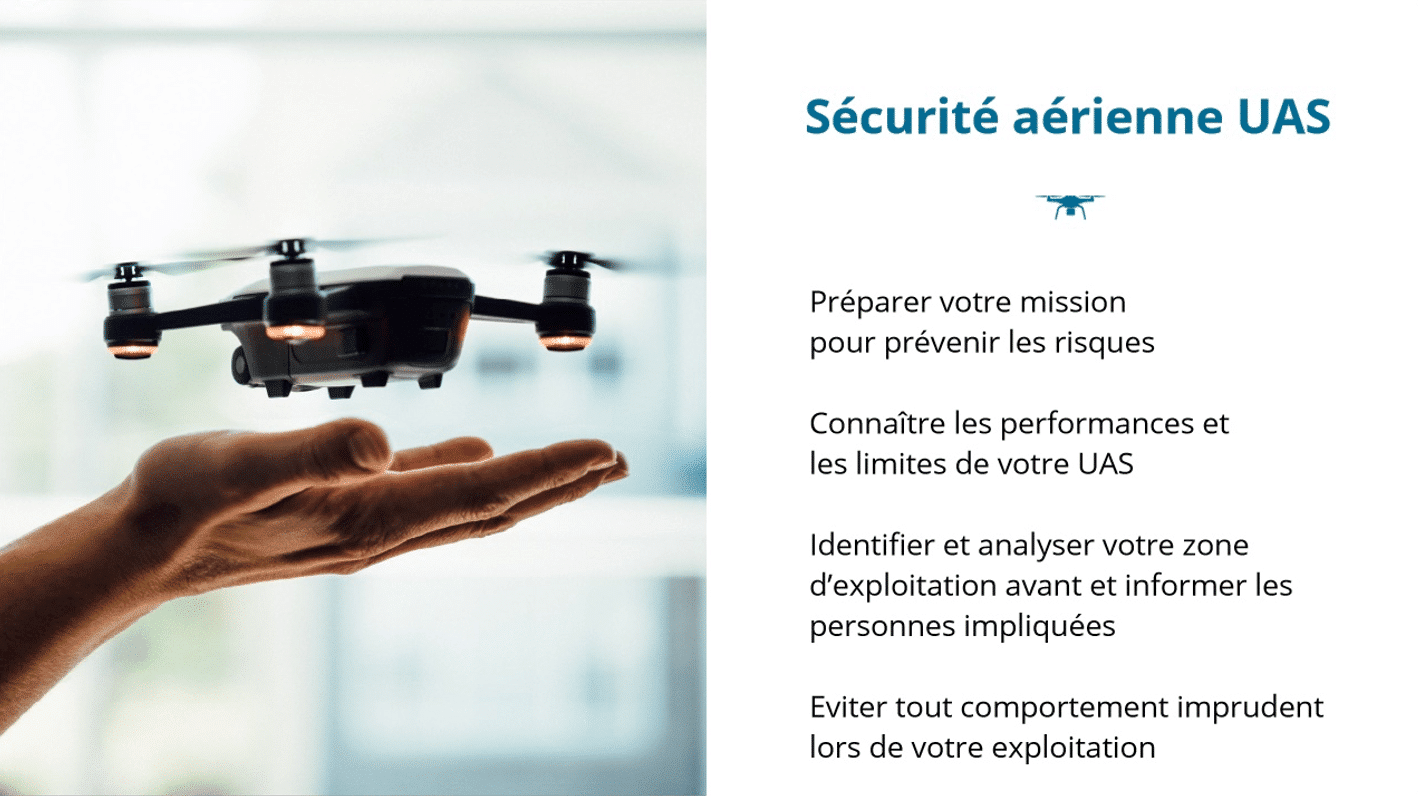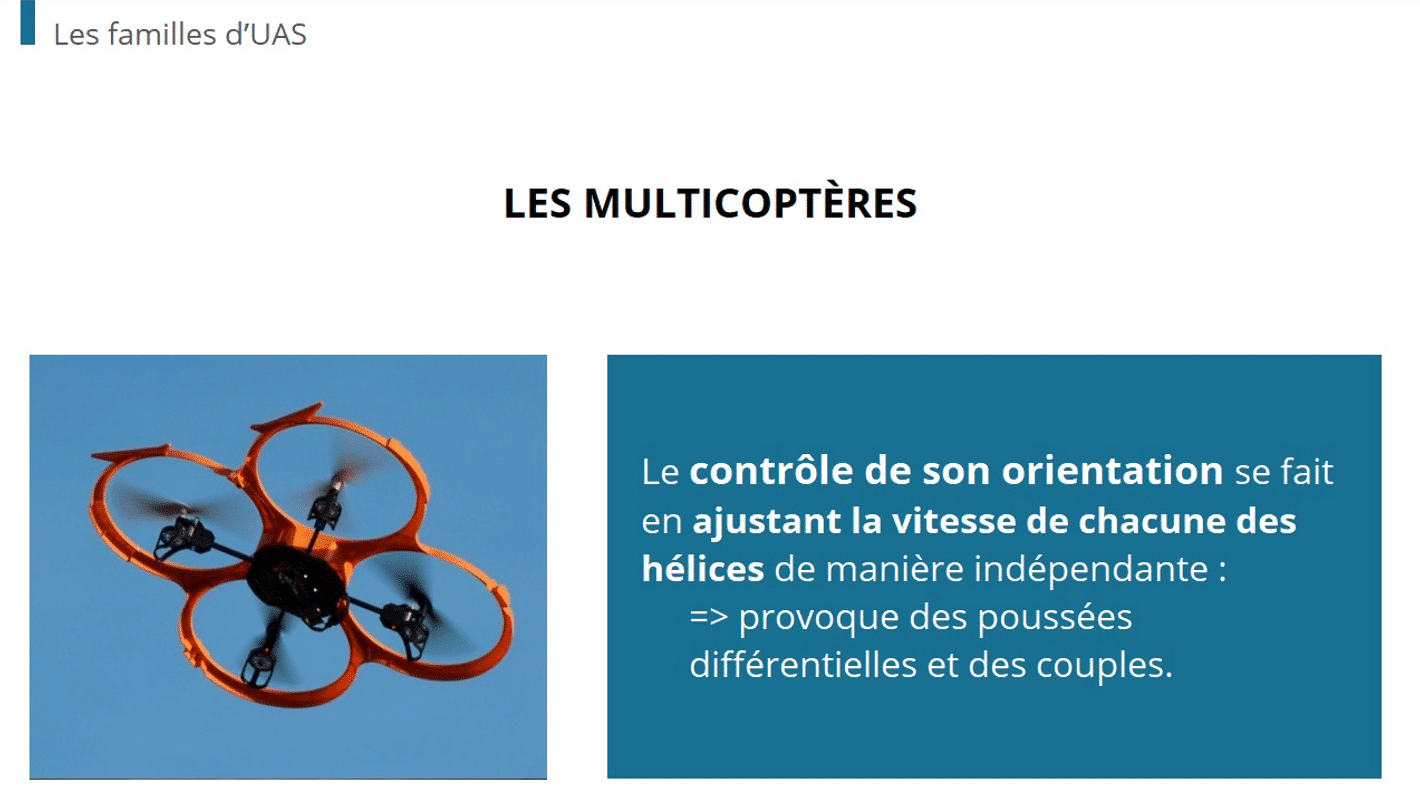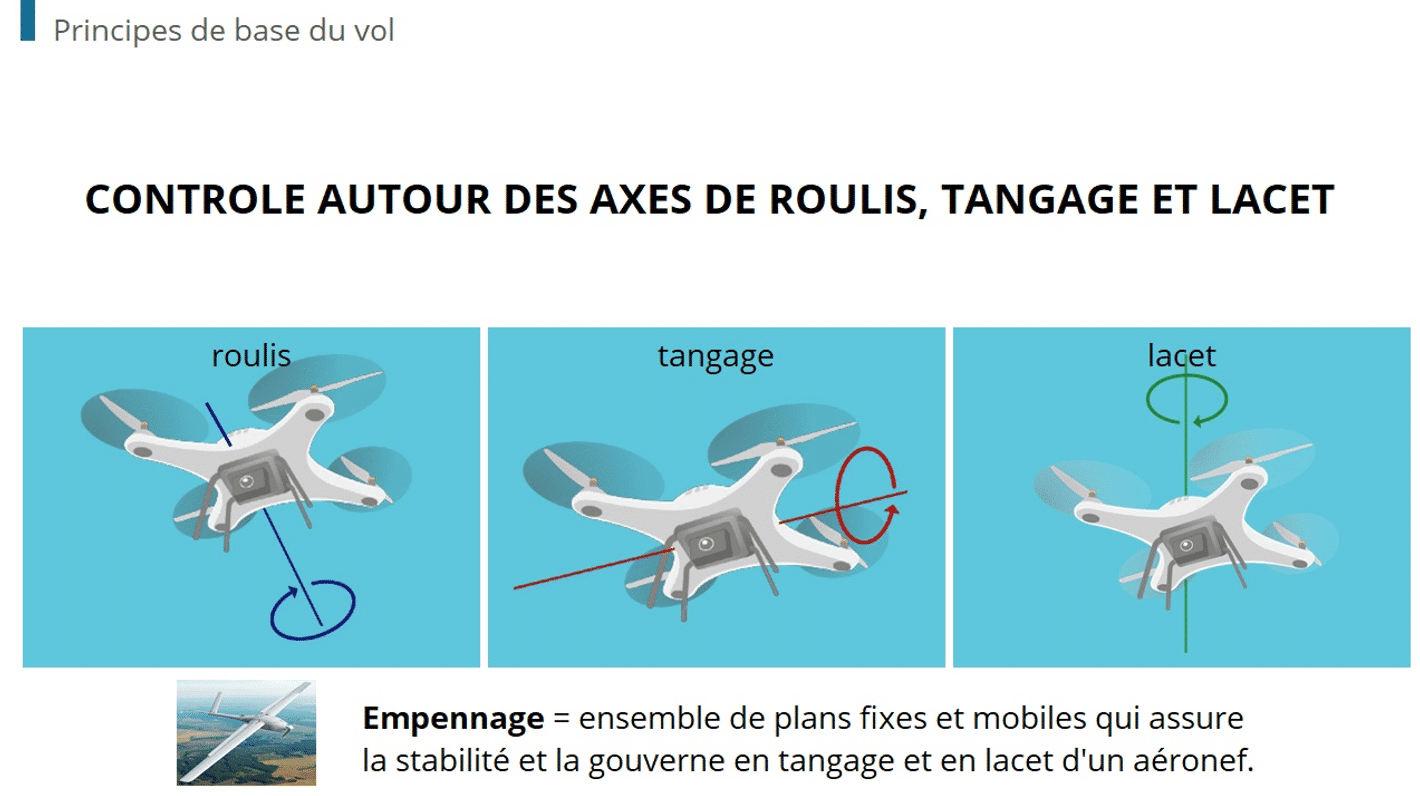What if your Learning Management System (LMS) fostered social learning within your company? How do you encourage collaboration between learners?
The world of business and Human Resources is facing new challenges. In today’s world of work, representatives of a new generation interact, communicate and learn in completely different ways to older people.
Hyper-connected, these young employees are very comfortable with collaborative tools. Their daily usage of social networks is turning the professional organisation upside-down. If the company doesn’t want to miss the bandwagon, it must incorporate this social dimension into its training offer. Adopting new interactions and moving to embrace social learning is a key to corporate innovation.
Social learning: what are the LMS tools?
Social learning calls for an informal type of learning, which by definition is hard to stimulate. Most of the time, experts are not connected with those who have an issue at a given moment. Social learning in a company overcomes this difficulty by providing access to a continuous stream of shared knowledge through exchange on a common platform.
To set up a social learning enterprise, the Learning Management System can integrate social media tools that facilitate new types of exchange:
- Sharing calendars
- Chat, video conferences
- Sharing articles, monitoring tools
- Sharing videos, podcasts
- Forums, Wikis
Integrating these tools into the LMS encourages knowledge sharing, which becomes faster and more extensive. The involvement of learners is fostered over a longer period.
Use social learning for organisational competitiveness
The economy is organised in networks, based on exchanges between a company and the outside world. Through becoming social, the LMS can adapt to market constraints. It allows for a more accurate vision, in real time, of the demands from customers, suppliers, and partners. It provides continuously updated information on news, new regulations, etc.
For example, imagine a sales rep who meets a prospective client. The client defines their problem and needs. Once back from his appointment, the sales rep can post information about the meeting on a shared platform. Together, his colleagues can help him look in the LMS for elements to use as part of his response, and exchange personal opinions in an informal way.
The problem becomes an exercise shared by all sales reps, who work together to identify the most appropriate client solution. Social learning transgresses the difference between theory and practice, changing the best practices of today’s working world.
To develop the possibilities of social learning within your LMS, contact the Dokeos team.






